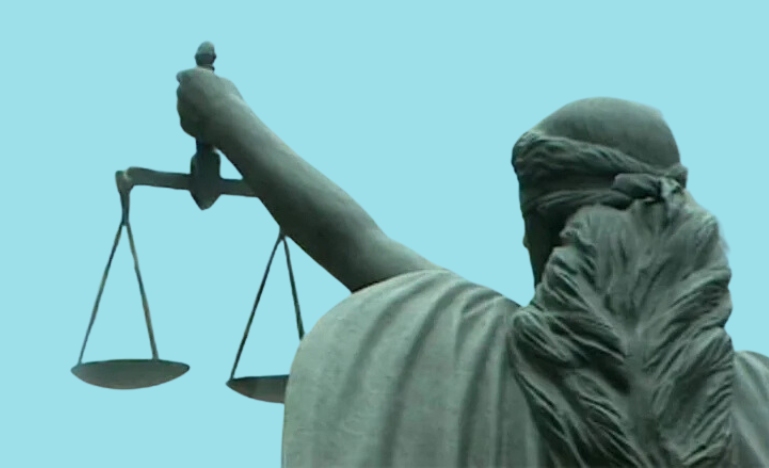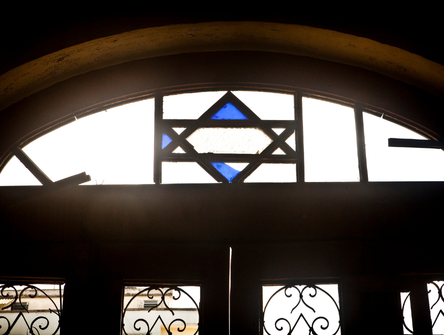BC reaches settlement on legal aid for people suffering domestic violence
CBA BC branch president welcomes the announcement while emphasizing that access to justice for family law matters remains a major issue in the province.

The BC government has reached a settlement agreement in a Charter challenge around the funding of legal aid that will see $29.1 million invested in Legal Aid BC to help provide family law services for those fleeing domestic violence. The Centre for Family Equity (formerly the "Single Mothers' Alliance") launched the challenge in 2017 to redress major cuts that BC made to legal aid funding two decades ago.
One of the main features of the agreement is to establish a multidisciplinary, trauma-informed family law clinic to offer in-person and virtual services, which is expected to open before the end of the year. Tariff-based services for lawyers will still be available on an increased basis, with more hours eligible and available for lawyers taking these legal aid cases.
According to Raji Mangat, executive director of West Coast LEAF, who acted on behalf of the Centre, 20 years ago, the provincial government significantly cut family law legal aid — by 60 percent — forcing clinics to close. While some money has been reinvested since then, there is a big shortfall to come back from.
"This clinic is a good step in the right direction, and while it won't take care of everything, it will allow for people who have particularly complicated cases or interconnected legal issues to get more support in terms of representation services as they are navigating the system," Mangat says. "It will allow for the system to be more responsive to the on-the-ground reality for those leaving relationships where there was family violence."
Mangat says that instead of having a lawyer being given a certain number of hours who then must do what they can within that time, there will be dedicated staff lawyers who can hold that file and support that person until they can get to a level of stability, regardless of how many hours that will take.
"It was important for us and our clients, the Centre for Family Equity, that whatever changes we are able to achieve through the settlement of a Charter challenge, that these are going to have some systemic impacts," Mangat says, and adds that this is more than just putting money into a broken system.
Mangat adds that under the current system, eligible legal aid hours often depend on the time of year a case is taken on — with more hours available earlier in the fiscal year than later.
Another feature of the settlement agreement is additional eligibility requirements aligned with the Market Basket Measure of poverty. An applicant's assets will be excluded from the calculation for six months after leaving a domestic violence situation. This gives them more flexibility to find a place to live and ensures they won't have to liquidate any savings or RSPs to qualify.
"That exclusion of assets for six months is going to be a game changer for a lot of people," Mangat says.
Also, child support payments are no longer counted as income, which never made sense given the gendered impact it has, says Mangat
"We say that child support is the right of the child, and somehow we're holding it against a parent trying to access legal aid services," Mangat says.
Tim Dickson, partner with JFK Law LLP in Vancouver, who acted for the CBA as an intervenor during the court challenge, says the settlement is a considerable achievement for the plaintiffs and their pro bono counsel.
"The expansion announced today targets one area where more legal aid is needed most—family law cases, and particularly cases involving family violence," Dickson says. "That expansion is a major step forward for access to justice and a cause for celebration. But many more steps must still be taken to expand legal aid in British Columbia, so that litigants are able to obtain legal assistance when they cannot afford it on their own."
Scott Morishita, president of the Canadian Bar Association's BC Branch, says the settlement is a step in the right direction. Still, he notes that BC remains the only province that doesn't offer legal aid for family law matters involving no domestic violence, such as assistance with spousal or child support and asset division. The settlement agreement doesn't change that fact, he says.
"You can get legal aid if you are accused of a crime or have an immigration matter, or you are suffering from intimate partner violence, but if you have an issue of where you are trying to get spousal or child support so you can put food on the table for your kids, it's still not available," Morishita says. "This is not addressing all of the family law legal aid challenges that have been going on in BC for over 20 years."
Morishita also notes that legal is the only professional service required to charge PST— a measure that was imposed in 1992 with the intention of using the revenue to fund legal aid.
"Over $200 million is collected every year from legal services," Morishita says. "The challenge is that we're still not at the levels, both in terms of the amount of funding and type of coverage that we were at before these cuts were made."
"There is still a lot of work to be done."


